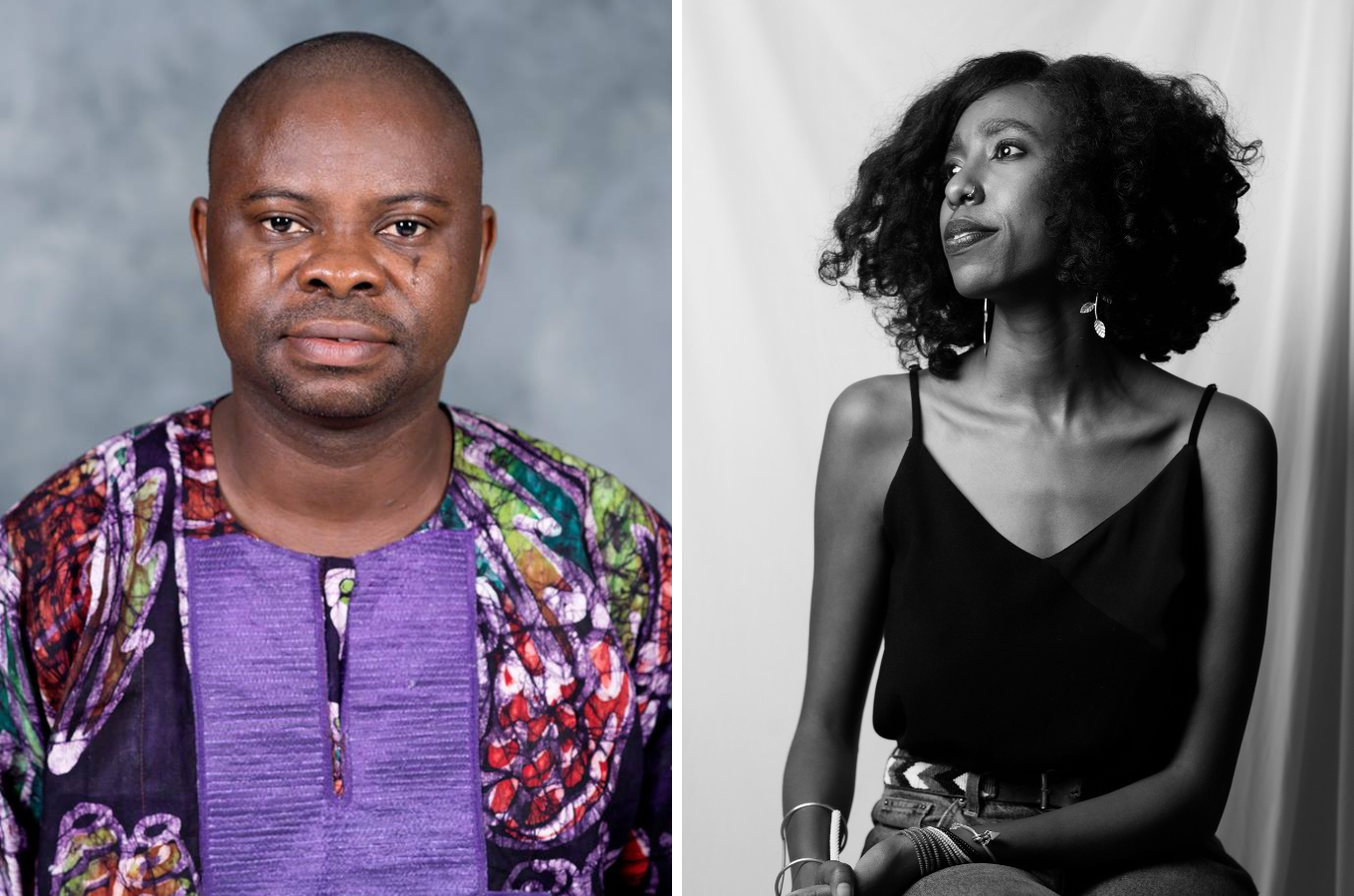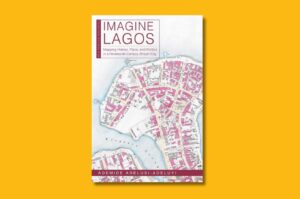
Nigerian Professor Saheed Aderinto and Kenyan historian Chao Tayiana Maina each wins the $300,000 Dan David Prize – the richest prize in the discipline of history.
Aderinto broke the news on Facebook a few days ago, writing: “I just won the largest history prize in the world. It’s $300,000. For me, alone. One lump sum. 220 million, in Nigerian currency.”
Aderinto is a professor of History and African and African Diaspora Studies at Florida International University. He is an accomplished academic, well-known for his writing on African history, politics, and culture; thus, this win, though monumental, is not entirely a surprise. Though his discipline is history, his influence spreads widely across Africa studies. This influence is partly the result of his extensive publication. He has published 8 books, 37 journal articles and book chapters, 40 encyclopedia articles, and 20 book reviews. A few of his notable works include Animality and Colonial Subjecthood in Africa, Guns and Society in Colonial Nigeria, and When Sex Threatened the State, which won the 2016 Nigerian Studies Association’s Book Award Prize for the most important scholarly book/work on Nigeria published in the English language.
Maina is widely know for her brilliant work in documenting Kenyan history in innovative ways. She is the founder of African Digital Heritage and co-founder of Museum of British Colonialism and Open Restitution Africa project. She specializes in using digital technologies to study hidden historical narratives in order to make them accessible to wider audiences. Her work is centered on assisting African and Afro-diasporic communities to reclaim agency over their identities and cultural heritage. She is celebrated for her success with collaborative and interactive histories, where communities are invited to be part of the process of historical exploration and knowledge making.
The Dan David Prize was established in 2001. Entrepreneur and philanthropist Dan David was inspired to launch the prize when he realized the need to support research work that crossed disciplinary boundaries in the humanities. Over the years, the prize has gone from being a humanities prize to focusing on history. This is, in part, to meet the demands of the changes taking place in contemporary culture with the rise in digital technology. Each year, nine historians are awarded 300,000 USD. This is not a grant, so they are free to use the money however they like.
Congratulatory messages have been pouring in. At the time this article was written, the Aderinto’s Facebook post, in which he announced the prize, had received nearly 1000 likes and over 600 congratulating him. Maina has received lots of messages on Twitter, as well. This is, indeed, a distinguished honor.
Congrats to Aderinto and Maina!









COMMENTS -
Reader Interactions